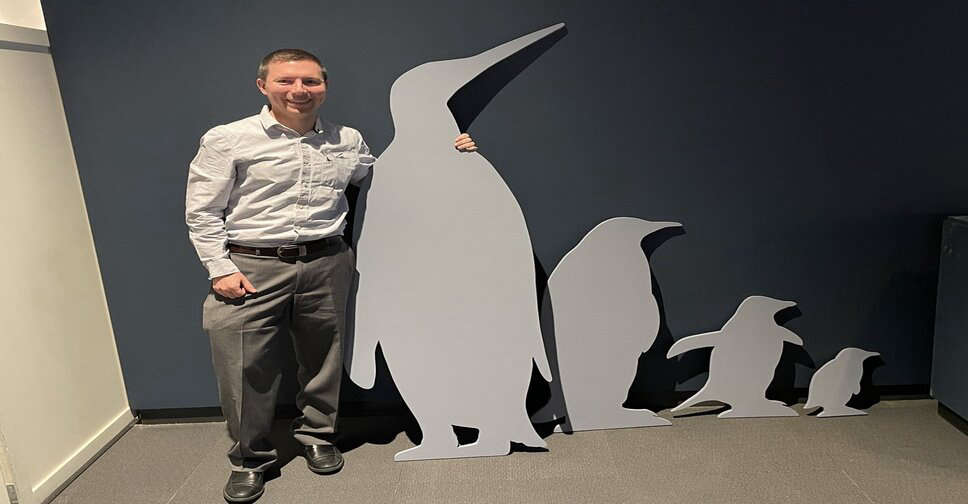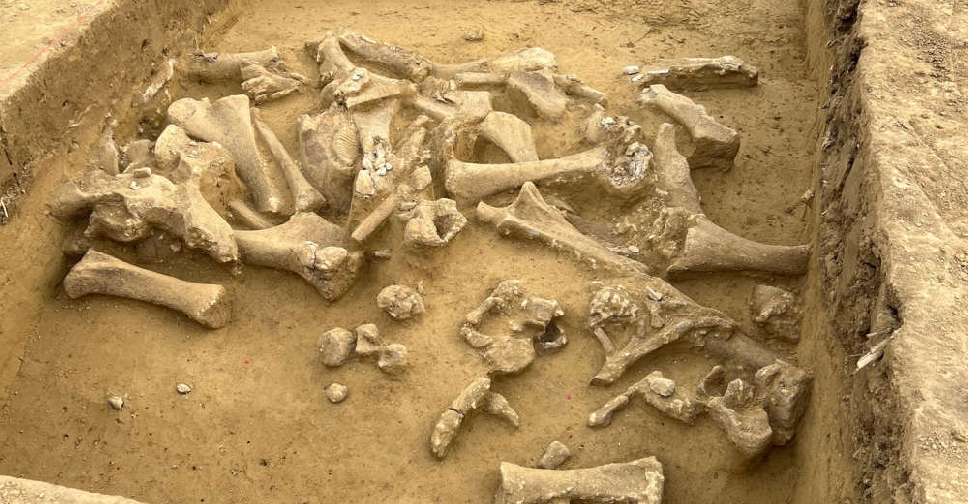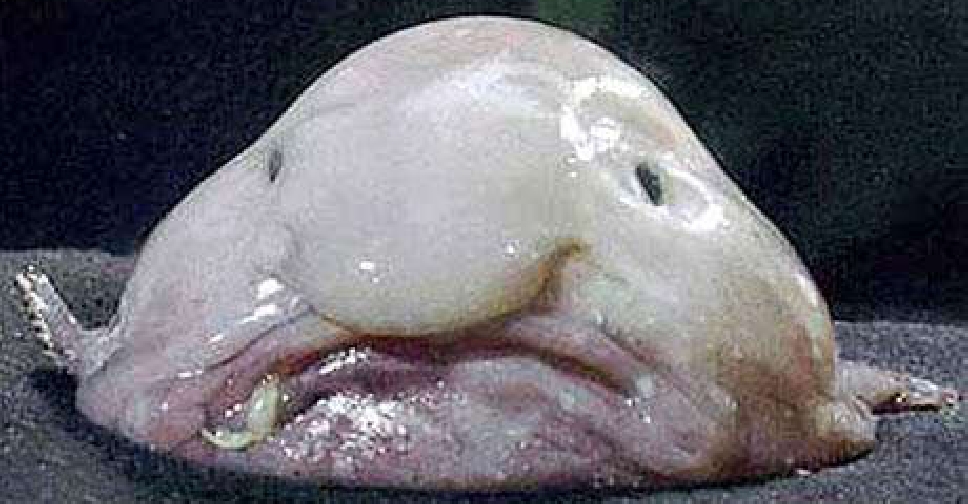
A team of international scientists has discovered fossil evidence of two new penguin species that lived more than 50 million years ago in New Zealand's South Island.
One of the species, named Kumimanu fordycei, is believed to be the largest penguin ever to have lived, weighing more than 350 pounds. This is much heavier than the emperor penguins, the largest penguins that are alive today, which weigh a maximum of 100 pounds.
The height of Kumimanu fordycei was estimated to be around the size of a human, or possibly even bigger. The other species, named Petradyptes stonehousei, was slightly larger than a modern emperor penguin and weighed about 110 pounds.
The discovery of these two species confirms that penguins were much larger in their early evolutionary history. The team used laser scanning and environmental analysis to study the flippers of these penguins and learned more about how these flightless birds changed over time.
The fossil species are believed to have lived between 59.5 million and 55.5 million years ago, which is roughly 5 million to 10 million years after the end-Cretaceous extinction that wiped out the dinosaurs.
This is our best guess at height for Kumimanu fordycei (we have a good mass regression, but height is tricky without any leg bones so we did not estimate it in the paper). These cutouts will be available for selfies when we open the @thebrucemuseum Penguins exhibit this spring! pic.twitter.com/ajRiYFCHGH
— Daniel Ksepka (@KsepkaLab) February 8, 2023
The team believes that Kumimanu fordycei may have had an ecology that is different from the penguins of today, as it could have reached deeper waters and found food that is not accessible to modern penguins.
The smaller species, Petradyptes stonehousei, was named after Bernard Stonehouse, who was the first person to observe the full breeding cycle of the emperor penguin. Kumimanu fordycei was named in honor of Ewan Fordyce, a professor emeritus at the University of Otago in New Zealand.
This discovery offers a glimpse into the fascinating world of ancient penguins and raises questions about their ecology and lifestyle, which may have been different from modern penguins.


 Gamer 'beats' Crossy Road with world record score
Gamer 'beats' Crossy Road with world record score
 United Airlines flight performs U-turn after pilot forgets passport
United Airlines flight performs U-turn after pilot forgets passport
 25,000-year-old mammoth hunting site discovered in Austria
25,000-year-old mammoth hunting site discovered in Austria
 World's ugliest animal voted NZ's fish of the year
World's ugliest animal voted NZ's fish of the year
 UK man guilty of stealing $6 million golden toilet
UK man guilty of stealing $6 million golden toilet




